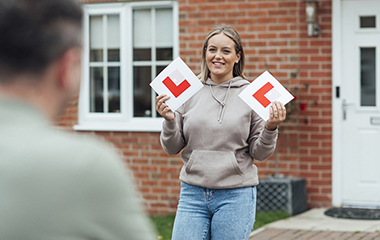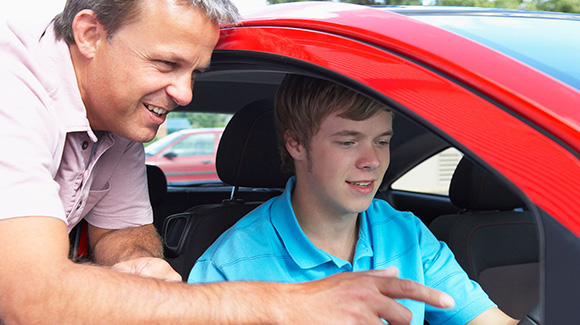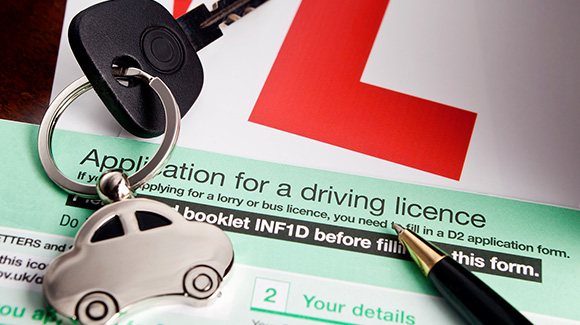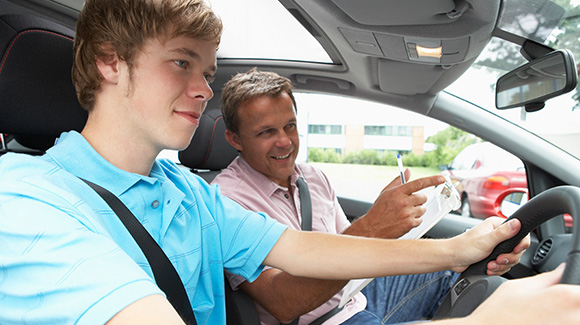How to supervise a learner driver?
- Editorial Team
Private driving practice helps learner drivers gain vital on-road experience. This could help improve their chances of passing their practical driving test.
If you’re planning on supervising a driver with a provisional licence whilst they learn to drive, there are a few specific rules you need to know about before you can take them out on the road.
Rules for learner drivers
The learner driver must:
- Be at least 17 years old.
- Have a valid provisional licence for the type of vehicle being used (manual or automatic).
- Meet the legal minimum eyesight standards for driving.
- Be supervised by a person who is at least 21 years old, who has a valid driving licence, which they have held for at least three years.
- Correctly display L plates (and/or D plates in Wales) which must be clearly visible on the front and back of the car they are practicing in.
The vehicle that the learner is using for practice must:
- Be registered with the DVLA.
- Have up to date vehicle tax.
- Be insured.
- Have a current MOT certificate if the vehicle is over three years old.
- Be safe to drive (roadworthy).
- Have valid insurance that covers the driver in the vehicle they are learning in.
Rules for the supervising driver
The supervising driver must:
- Be at least 21 years old. (Some insurance policies may have different terms and conditions and may require the accompanying driver be older than the minimum required by law. Always check the terms and conditions to make sure).
- Not receive any payment for supervising the learner driver unless they are an approved driving instructor.
- Have had a full driving licence for at least three years. (Some insurance companies require this to be at least three consecutive years).
- Be qualified to drive the type of vehicle being used for practice. For example, they must have a manual car licence if supervising the learner in a manual car.
- Meet the eyesight standards for driving.
- Comply with road laws that would typically apply to the driver. For example, not drinking, using a mobile phone or falling asleep.
Learner drivers can be fined up to £1000 and get up to 6 penalty points on their provisional licence if they drive without the right supervision.
Applying for the provisional licence
Before a learner driver can start practicing on the road, they will need to apply for a provisional driving licence. They must be at least 15 years and 9 months old to apply, but will need to wait until they are 17 years old, before they can learn to drive in a car. The provisional licence costs £34 if they apply online, and £43 if they apply by post.
Once your provisional driving licence arrives, which usually takes around one week, they can book their theory test and start taking driving lessons.
Driving eyesight rules
The legal eyesight standard means that drivers must be able to read a car number plate (made after September 2001) from 20 metres.
They must also have an adequate field of vision and wear glasses or contact lenses if necessary, so that they can drive safely.
Provisional licence holders should visit an optician before learning to drive to ensure that their eyesight meets the minimum eyesight requirements.
For further information, see driving eyesight rules.
Do I need insurance to supervise a learner driver?
The learner driver must be insured to drive the vehicle they intend to practice in. If they are practicing in a car that they own, they will need a car insurance policy in place.
If they are practicing in someone else’s car, such as a family or friend’s car, they may be insured to drive the vehicle on the owner’s car insurance. You’ll need to make sure that the learner is covered on the owner’s insurance policy. If not, they can take out an additional learner policy that covers them to drive in someone else’s car. This also protects the car owner’s no claims bonus in the event of a claim.
Some insurance policies may have different terms and conditions and may require the accompanying driver be older than the minimum required by law. Always check the terms and conditions to make sure.
At A Choice, we specialise in providing insurance for learner drivers. We can cover learner drivers in their own car, where they can start earning a No Claims Bonus if they’re claim free. Furthermore, we can also keep them insured on the same policy when they pass their driving test.
We can also cover learners to drive someone else’s car, for either 30, 60, 90 or 180 days which they can extend or renew where necessary and protects the car owner’s No Claims Bonus.
Learner drivers could face an unlimited fine, a driving ban and up to 8 penalty points for driving without insurance.
Can a supervising driver use a mobile phone?
It is illegal to use a mobile phone whilst supervising a learner driver on a lesson. This is because as an instructor, you have the same legal responsibilities as if you were driving. You should be giving the learner driver your full attention whilst they’re behind the wheel. If something happens, you’ll be less able to react.
Using your phone during a lesson could land you a £200 fine and 6 penalty points on your driving licence if caught.
To avoid temptation, you should put your phone in the glove compartment or even leave it at home, so it is out of sight.
Can a learner driver have passengers?
Learner drivers can drive with as many passengers as the vehicle can legally hold. But bear in mind that passengers can cause a distraction, which means that the learner may not be fully focused on the road.
Does the supervising driver have to sit in the front?
As a supervising driver, you are deemed to be in control of the vehicle. To do this effectively, you’ll need to sit in the front passenger seat, where you can intervene if something happens on the road.
You cannot adequately supervise a learner driver from a back seat as you will not be able to reach the controls, observe effectively what is going on around the vehicle or communicate as clearly.
Can learner drivers drive at night?
Learner drivers can drive at any time, day and night, as long as the legal requirements are met. Furthermore, taking driving lessons at night is a great way for learners to build up more experience driving in the dark and adapting to different driving conditions.
Can a learner drive on a motorway?
Provisional licence holders must not drive on a motorway unless accompanied by an approved driving instructor in a car fitted with dual controls, correctly displaying L plates.
Can I charge for private driving lessons?
It is illegal to receive any payment for supervising a learner driver unless you are an approved and registered driving instructor.
Are the speed limits different for learner drivers?
In England, Scotland and Wales, the same speed limits apply to provisional holders as they do to full driving licence holders.
In Northern Ireland the speed limit is 45 miles per hour when learning to drive a car.
What happens if a learner driver is caught driving without supervision?
It is against the law for learner drivers to drive a car unless accompanied by someone that meets the legal requirements.
The learner driver could receive a fine, penalty points or even a driving ban if caught driving without supervision.
Further reading
Share this article
Table of Contents
More posts
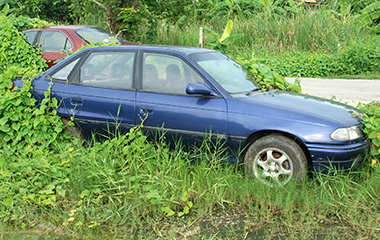
SORN A Vehicle: Should you declare your car off the road | A Choice
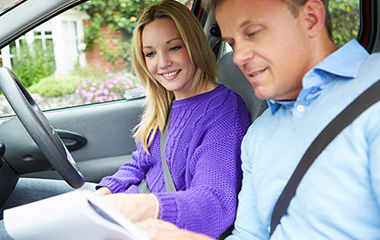
Can You Take Your Driving Test In Your Own Car | A Choice
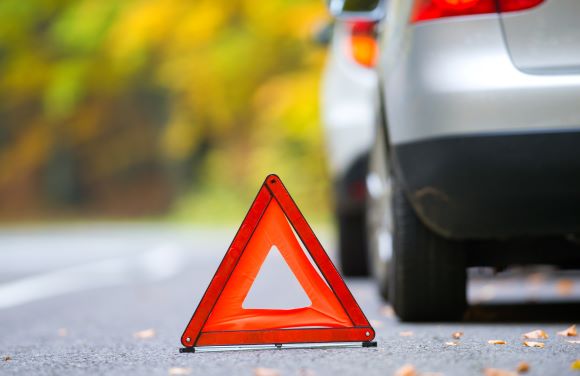
What To Do After A Car Accident | A Choice
